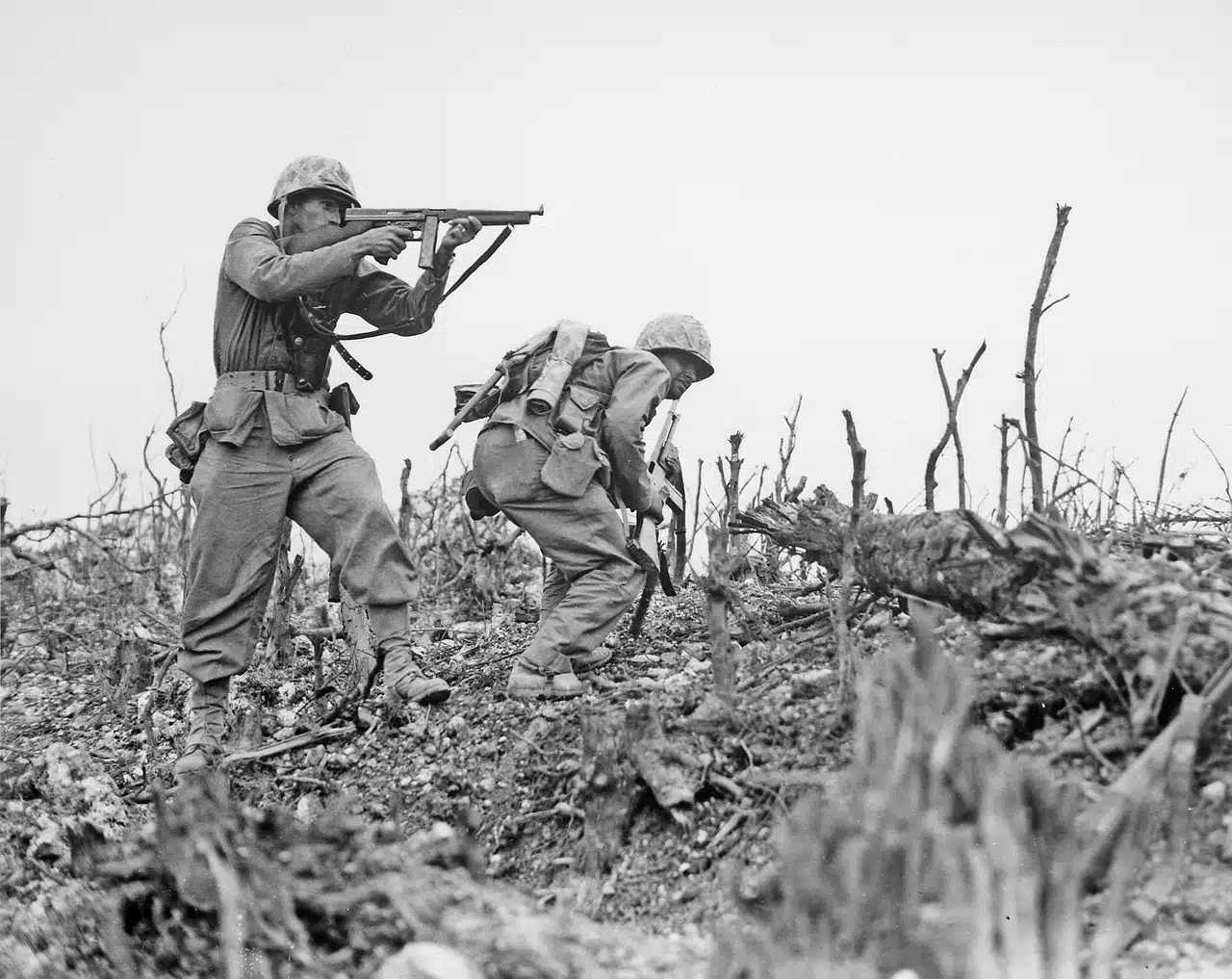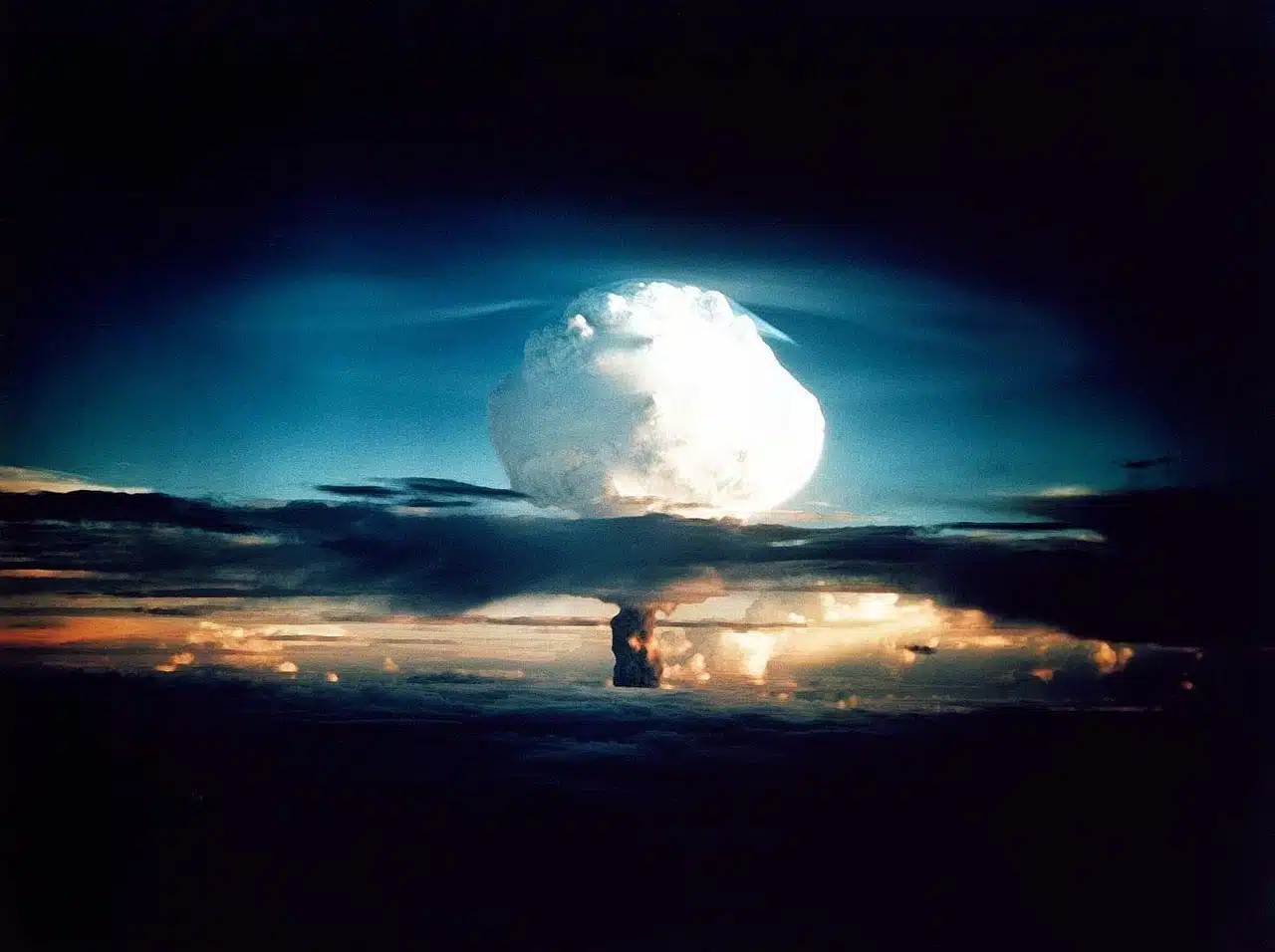
A world war is a military conflict that takes place on a global scale.
A world war is a large-scale military conflict that involves countries from different continents . There is consensus regarding the existence of two world wars throughout history : the First World War (which took place between 1914 and 1918 ) and the Second World War ( 1939 – 1945 ), always written with their initials in capital letters.
It should be noted that a war is a military conflict or armed struggle between two or more countries or sides. The concept is related to terms such as battle , combat and struggle , among others. World , for its part, is an adjective that allows us to name what takes place in various countries around the world.
The different world wars
In World War I , also known as the Great War , more than 60 million soldiers were mobilized and 10 million people died. The conflict broke out due to the confrontation between the Austro-Hungarian Empire and Serbia , which also included the participation of Russia , Germany , France , the United Kingdom , Belgium , Japan , the United States and Italy , among other countries.
There are those who say that World War II was the only conflict that truly took place on a planetary scale. More than seventy countries intervened and some 60 million people died, which is about 2% of the world population at the time.
The eventual declaration of a Third World War has been questioned by historians. Most of the current war conflicts have the participation, either direct or indirect, of countries around the world through alliance systems or supranational organizations such as the UN . Therefore, it is likely that a third war will never be formally declared.

In World War II, the United States dropped two atomic bombs on the civilian population in Japan.
Consequences of the conflict that developed between 1939 and 1945
In addition to the million-dollar toll of victims , including soldiers and civilians, the Second World War left an indelible mark on the history of humanity. At an economic and infrastructure level, many European countries suffered a strong impact, as did China and Japan.
The Soviet Union and the United States were the countries that gained the most strength during the war. Their differences on an ideological level were the starting point of their battles, which gave rise to two sides of allied countries: the Soviets occupied a large part of central and eastern Europe, adding Lithuania, Estonia, Moldova, parts of Poland to their group. and Finland, and Latvia.
Poland gained part of former German territories, while Germany was divided in two: in its western half, taken over by North America, the United Kingdom and France, a democratic government developed; The eastern zone, on the other hand, saw the Soviet invasion and the imposition of communism as a form of government.
The military alliance created by the Soviet Union was known as the Warsaw Pact , while the North American alliance was called NATO. France was in favor of North America, although its independence was less affected than that of the other countries in Europe. Despite having emerged victorious, France and the United Kingdom saw their power diminish, which was reflected in the decolonization of some of their overseas territories: Pakistan and India managed to become independent; in Algeria and Vietnam, on the other hand, they began to fight against the colonial system.
Given the deterioration suffered by European countries economically , North America began an assistance plan called Marshall , which aimed to restore strength to its allies; For this he offered a series of loans. Contrary to the ruin of some, the United States became the country with the strongest economy on the planet and capitalism adopted the dollar as its reference currency.
